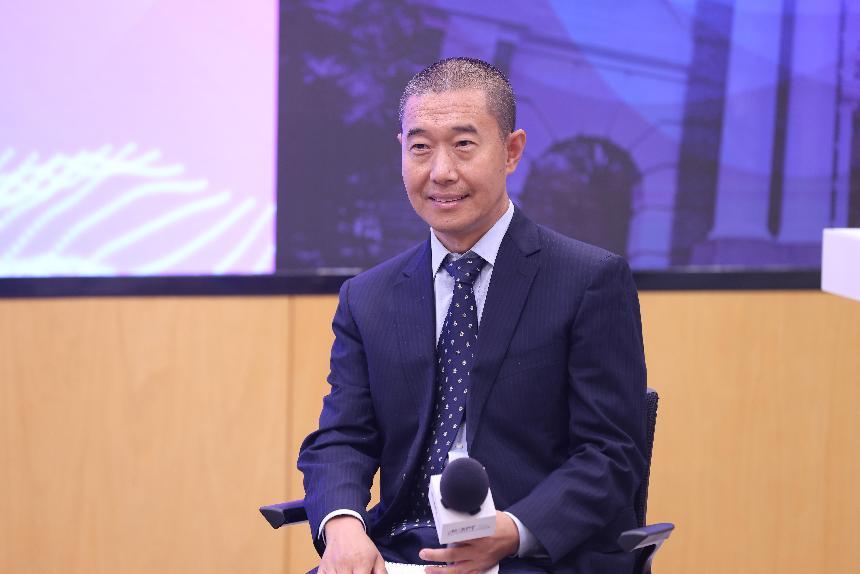
The following is a summary of Liu Peilin's roundtable discussion at the Seventh Annual Conference of Government and Economics held at Tsinghua University, Beijing, on June 7, 2025. Dr. Liu is Chief Researcher at Tsinghua University's Academic Center for Chinese Economic Practice and Thinking (ACCEPT).
On June 10, 2025, the Seventh Annual Conference of Government and Economics, co-hosted by the Society for the Analysis of Government and Economics (SAGE) along with Tsinghua University's School of Social Sciences and the Academic Center for Chinese Economic Practice and Thinking (ACCEPT), was broadcasted online. Chief Researcher of ACCEPT, Liu Peilin, participated in a lively roundtable discussion where he outlined some of the most recent developments impacting China's manufacturing sector.
Liu relayed his perspectives on the institutional and cultural underpinnings that have given rise to China's competitive advantages in the manufacturing sector. He pointed out that China's manufacturing industry, especially when it comes to emerging industries such as electric vehicles, has demonstrated strong competitiveness at the global level. Such success has not only provided significant material benefits to domestic consumers (such as lowering the threshold for consuming higher-end automobiles), but has also delivered gains to international consumers. As for the deep-seated forces driving this set of circumstances, there are at least two main aspects to consider. On the one hand, there is a certain way of approaching policy that remains prevalent across China, with the historical memory of the "shortage economy" having brought about an inherent policy inclination that tends to emphasize production and investment while deemphasizing consumption. Given the internalization of the country's intense experience of long-term material scarcity, a preference for increasing supply and expanding production and investment has since become an enduring source of received wisdom across the whole of society. This mentality of "preventing shortages," moreover, has long been fully embodied in the country's institutional setup and policy orientation. On the other hand, one can also look to China's distinctive fiscal and tax structure. The value-added tax in the country's manufacturing industry is closely linked to local revenue collection, while the consumption tax is mainly levied on the upstream production segment rather than on downstream points of consumption. This has led to an incentive structure wherein local governments tend to ignore the expansion of consumption while focusing much more attention on developing the manufacturing sector through the attraction of outside investments.
The rapid improvement of China's manufacturing capacity is an essential requirement to achieve industrialization and modernization, with the country's current industrial manufacturing capacity having won broad-ranging recognition around the world, effectively enhancing its national strength. However, the expansion of production volumes in the manufacturing sector must be brought more into balance alongside increases to consumption. If surplus production volumes considerably exceed consumption, the result will not be sustainable, contributing to poor internal economic circulation and triggering external trade frictions. In fact, this situation has already entered the picture and therefore must be addressed by policymakers through a shift in people's mindset as well as changes in policy as necessary.